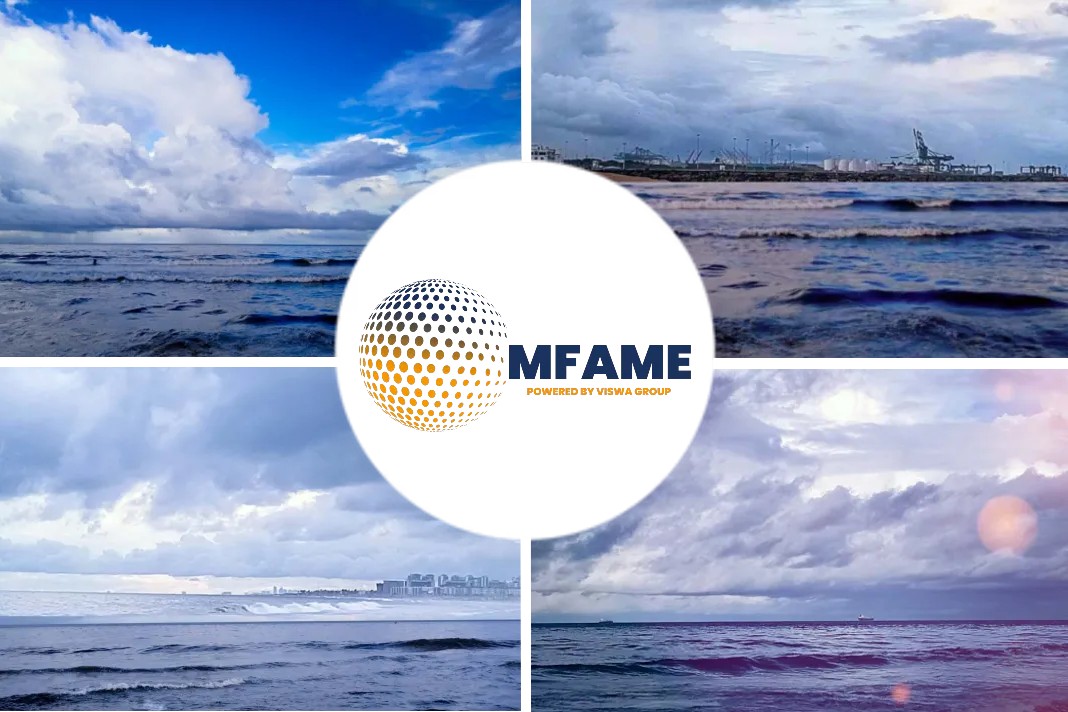- Cargoes heading to China are being rerouted due to coronavirus threat.
- Rapidly falling prices have created a force majeure situation that is proving to be a challenge.
- There are contractual, logistical, and portfolio considerations that may limit any turning down of cargoes.
According to an article published in Reuters and authored by Jessica Jaganathan, LNG has recorded low prices due to the coronavirus epidemic.
Asian spot rates tumble
- Asian spot prices for LNG LNG-AS have already tumbled to troughs of $3 per million British thermal units (mmBtu) – less than half of what they were at the same time last year.
- At least one cargo bound for India has already traded below $3/mmBtu, down 30 cents within a week.
Virus impacts trade
- There is a rising concern of Chinese companies backing out of contracts that can potentially slow oil and gas sales into China.
- China’s top LNG buyer China National Offshore Oil Corporation (CNOOC) declared force majeure on some prompt LNG deliveries with several suppliers.
- Energy shipbroker and consultancy firm Poten & Partners said at least five LNG cargoes had been diverted from China, and another 30 due to land there this month could face diversions, delays or force majeure declarations.
Market turmoil
- An executive from French oil major Total said it had rejected a force majeure notice from an LNG buyer in China, without identifying the company.
- At least one cargo bound for China, the world’s second-largest LNG importer, has diverted and is heading towards Singapore storage tanks, several sources told Reuters. Three other vessels bound for China have reduced speed.
- Consultancy Rystad Energy on Friday cut its forecast for Chinese LNG demand growth this year to 4.7%, from a year on year gain of between 10% and 13%.
Where will these cargoes go?
- Traders are planning to unload these cargoes in India since it is considered to be a potential market. However, it is limited by inadequate pipeline infrastructure.
- Europe, which also has strong seasonal winter gas demand, is also struggling to accommodate more.
- Major buyers in Japan and South Korea such as KOGAS and JERA could benefit as they are able to tap demand from utility companies, but consumption levels are limited by mild weather.
Did you subscribe to our daily newsletter?
It’s Free! Click here to Subscribe!
Source: Reuters























